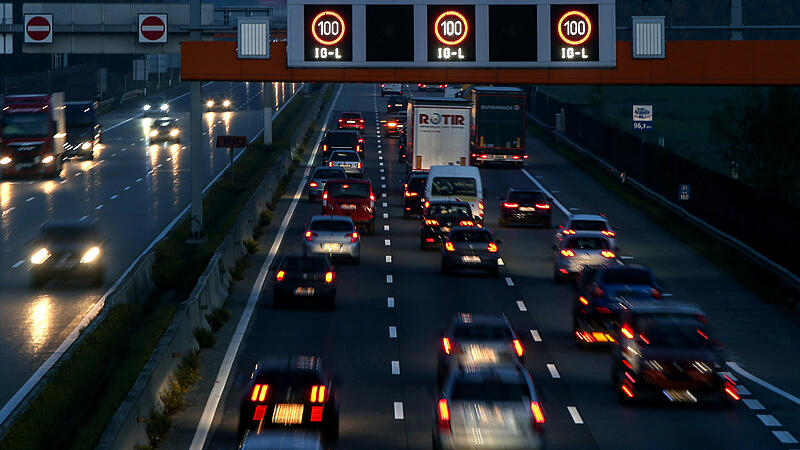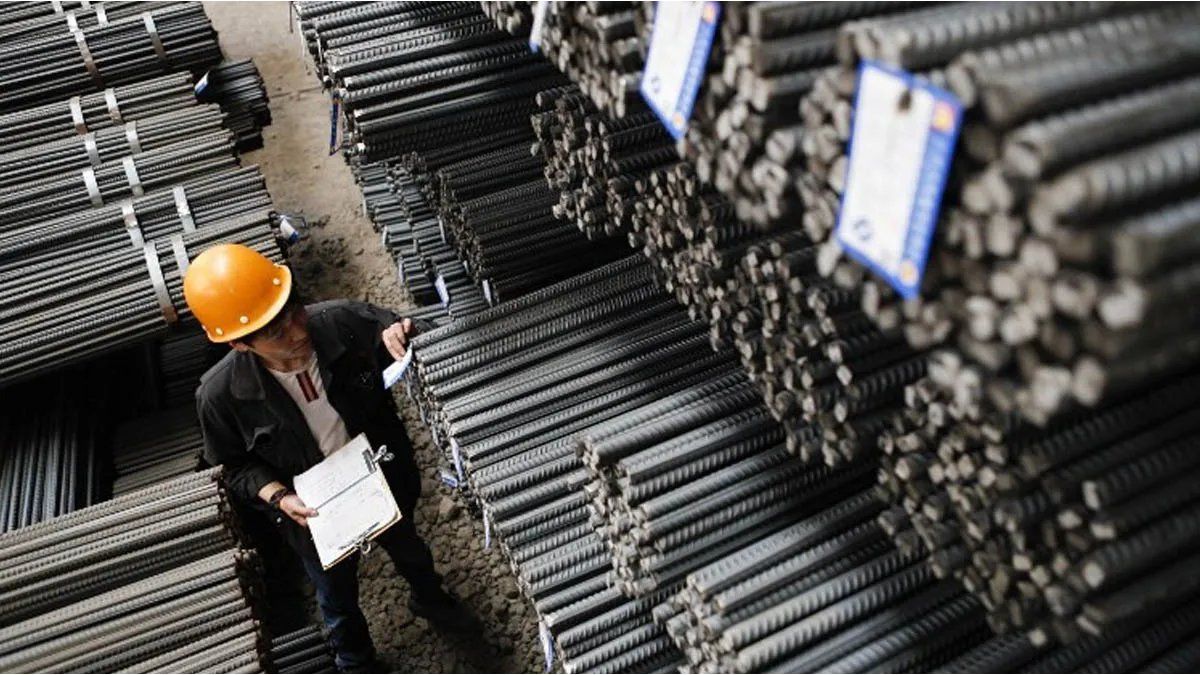Image: VOLKER WEIHBOLD (APA/AFP/ADEM ALTAN)
The Ministry of Transport immediately said no to stricter speed limits on Wednesday – because there is no majority in favor of it in the National Council, the APA said. Climate protection and transport minister Leonore Gewessler (Greens) had already rejected lower speed limits several times, but she thinks they make sense. “Slow speed leads to fewer road deaths, causes less climate-damaging emissions and also saves money through lower fuel consumption. However, there is no majority in the National Council for a legal change to the maximum speeds. ÖVP, SPÖ, FPÖ and NEOS have spoken out against it. That’s in to accept as a matter of course in our democracy,” the ministry said. At the same time, however, an appeal was made to drive more slowly.
The scientists received approval from the Verkehrsclub Österreich (VCÖ) as well as climate activists such as the “Last Generation” or environmental protection organizations such as Global 2000. The ÖAMTC is still against legally prescribed speed limits, but in favor of persuasion.
It has been “scientifically proven without a doubt” that a reduction in the maximum speed limit is the most efficient measure for reducing traffic-related greenhouse gas emissions, the most effective measure for reducing the number of people injured and killed on the road and one of the most effective measures for reducing dependence on fossil fuels in the open letter from the experts. This is also addressed to the National Council and the federal states and was prepared by Günter Emberger (Research Department of Transport Planning and Traffic Engineering, TU Vienna), Martin Berger (Research Department of Transport System Planning, TU Vienna), Astrid Gühnemann (Institute for Transport Studies, Boku) and Markus Mailer (Working Department of Intelligent traffic systems, University of Innsbruck).
Less speed, more control
For these reasons, not only the speed limits should be lowered. The scientists call for an increase in the frequency of checks so that the maximum permissible speeds are observed, a reduction in the measurement tolerances for radar checks to the technically necessary minimum, an abolition of the state-specific “penalty tolerances” and a nationwide standardization of the penalties and their increase “in order to increase the preventive effect “.
According to the scientists, the required speed reduction could reduce CO2 emissions from motor vehicle traffic by around 2.4 million tons or ten percent compared to 2019. With the same transport performance, 900,000 tons or ten percent less fossil fuel would be used. In addition, around 116 fewer people (28 percent) would be killed and almost 7,000 (19 percent) fewer injured.
11 minutes lost over 100 kilometers
A 100 km/h limit on motorways would result in an individual loss of time of around eleven minutes per 100 kilometers. This is offset by a cost saving of up to 2.8 euros at this distance. In addition, there is an “enormous economic benefit in the form of saved accident, noise and environmental costs”.
For Emberger it is “clear that we have to rethink our mobility in view of the impending climate catastrophe”. Reducing the maximum speed is a step in this direction that is easy to implement and effective quickly. In a press release, the expert refers to the fact that the energy requirement decreases with speed, regardless of whether it is a combustion engine or an electric motor.
Berger mentions other advantages of a slower speed: This also means less noise, less fine dust from tire and brake wear, less nitrogen oxides and fewer traffic accidents. “That is one of the main reasons why we not only propose a reduction in the maximum speed on motorways, but also want a general speed reduction, including on open roads and in urban areas,” emphasized Mailer.
Source: Nachrichten




